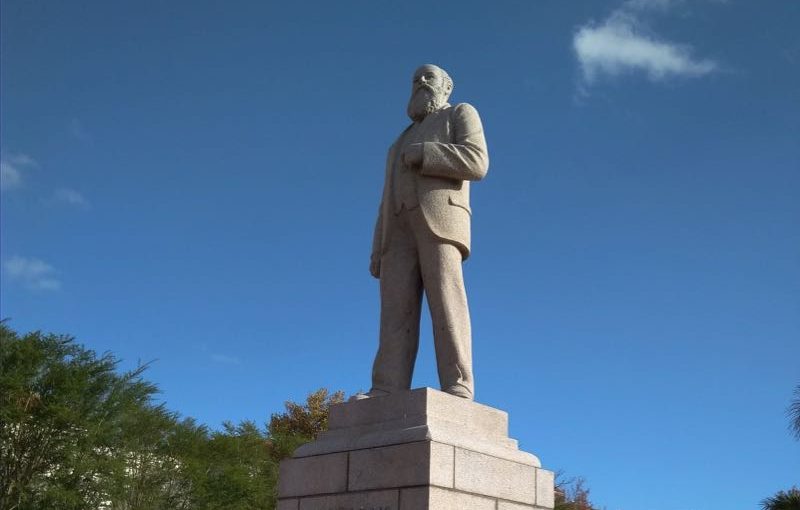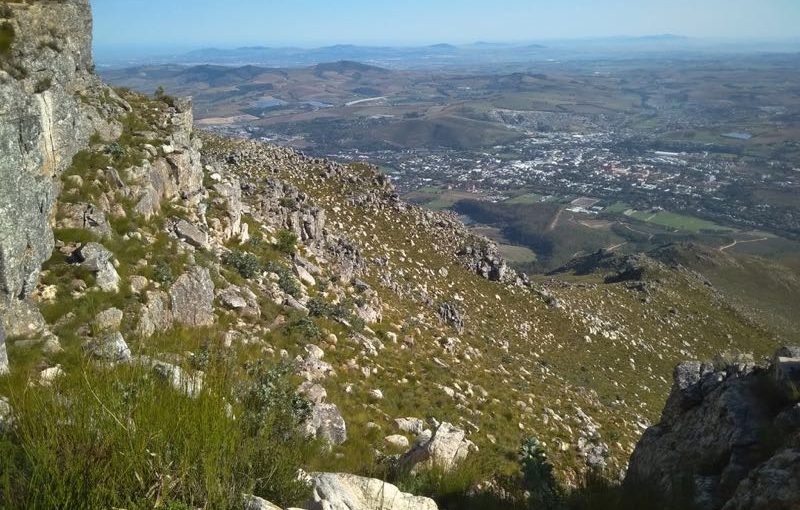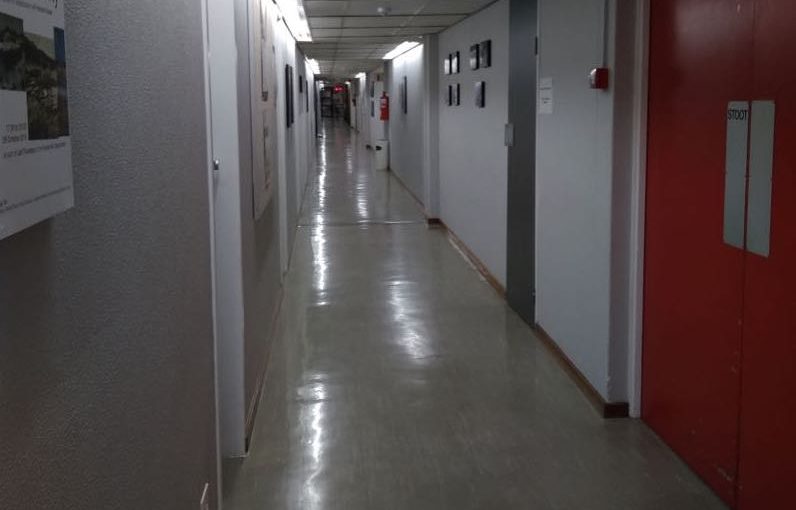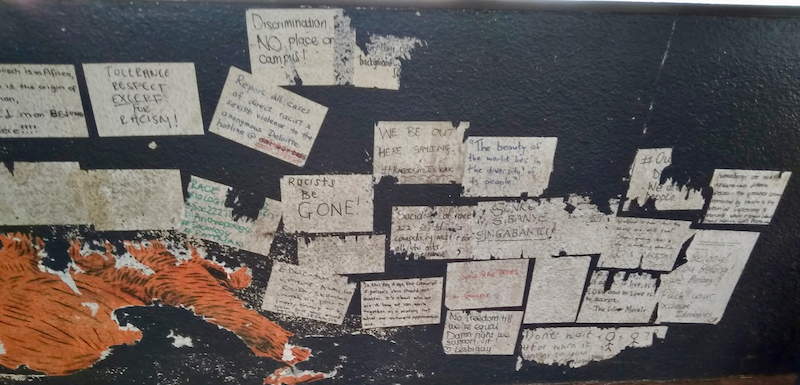This is the conclusion to a series of critical engagements with Hugh Gusterson’s paper, Homework: Toward a Critical Ethnography of the University. I won’t repeat the framing of this series here, but you may want to read the introduction to the project, or see the whole list of posts.
I realize it may seem that I have been very hard on Gusterson in this series.
In part, I do think that is justified. Prominent academics with big platforms have a proportionately larger obligation to get things right. They deserve close scrutiny and high standards.
But I still don’t want to make it seem like there was never anything worth taking seriously in Gusterson’s project. Let me briefly state some alternative claims, based on the paper, that Gusterson could reasonably have defended.
Continue reading Conclusion: Reading the work that is already there



